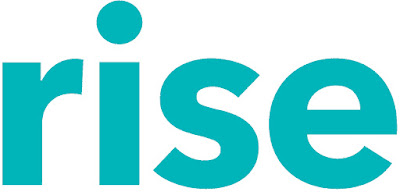We are hiring!
ASSESSMENT TEAM LEADERKey Responsibilities
- Lead in laboratory supervision, laboratory management and data management
- Be the point of contact between in-country laboratory and field workers
- Ensure field and laboratory work is implemented consistent with protocols and standard operating procedures developed by the Melbourne-based scientific team
- Lead in laboratory and field budget control and workload management
- Key Result Area
- Timely and cost-effective achievement of all activities and outputs relating to RISE Assessment
- Minimum of Master’s degree preferable in public health, environmental health, environmental science or another relevant field;
- Qualification or experience in project management or related field;
- At least ten years’ laboratory and/or research experience including lab staff management and supervision, auditing of OH&S and other quality systems, and schedule and budget control;
- Excellent English oral and written language skills essential.
Key Responsibilities
- Undertake environmental and human biological sample processing pertaining to Environmental and Human Health assessment activities
- Perform laboratory-based sample analysis procedures
- Lead in the preparation of samples for international transport
- Lead in-laboratory data management activities
- Support and collaborate with other lab staff
- Key Result Area
- Timely achievement of all assessment activities and outputs
- Bachelor degree or higher in science, biology, microbiology, or a related discipline.
- At least two years of experience in microbiology laboratory handling environmental or clinical samples, good laboratory practice and safe handling of equipment and samples, maintenance and record-keeping activities, Quality Assurance and Quality control, and writing and/or following standard operating procedures.
- Fluency in English is highly desirable.
Please submit your CV immediately outlining relevant experience to fitriyanty.rise@gmail.com.
Revitalizing Informal Settlements and their Environments (RISE) is a five-year interdisciplinary research program which aims to demonstrate a new approach to water and sanitation management in urban informal settlements. Using a randomized control trial (RCT) methodology involving 24 informal settlements in Makassar, Indonesia, and Suva, Fiji, the RISE theory of change is that the localized, nature-based water-sensitive Cities (WSC) approach to informal settlement upgrading can interrupt the fecal-oral transmission route, resulting in an improvement in human gastrointestinal health, especially for children under 5 years of age. The expected outcome is to provide evidence that localized, nature-based approaches can deliver, sustainable, cost-effective improvements in health and the environment in the Asia-Pacific and promoting further deployments in the region and globally.

